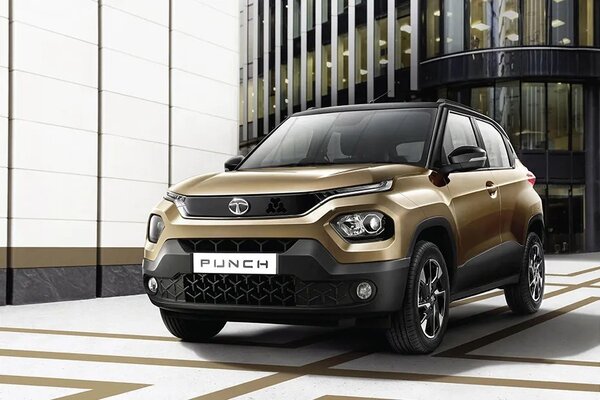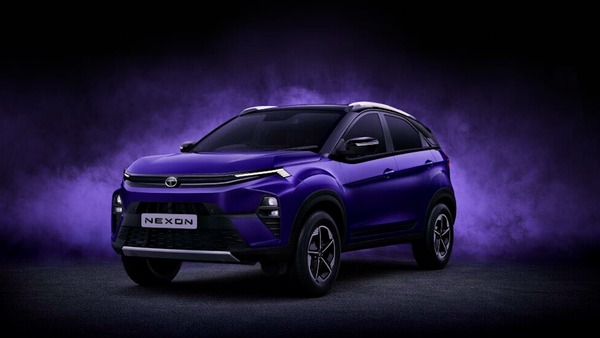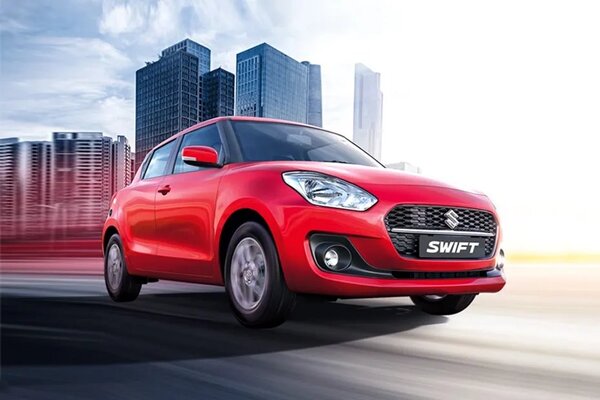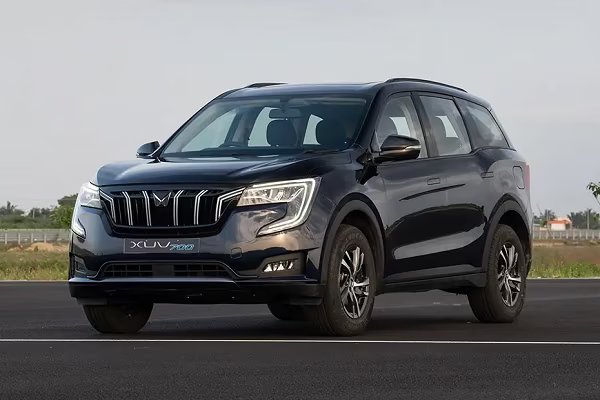Driverless cars will drive a lot of market disruption in the 2020s
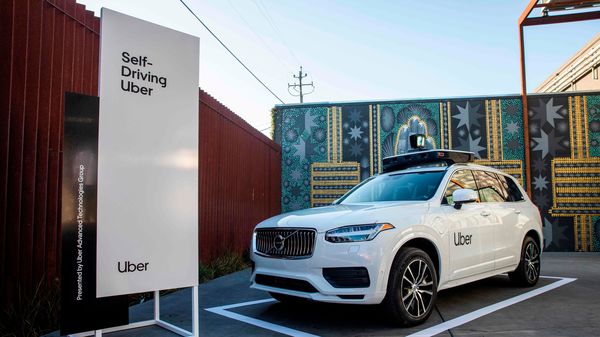

Driverless car, Autonomous carIn a few days from now, we say goodbye to the current decade and welcome the new one with a mix of optimism and trepidation. While many columns on technology will focus on the big tech products and events this year gave us, and the bigger things to come in 2020 and beyond, let me focus my last column of the year on what I believe will be one of the most significant developments of the next decade.
Driverless or autonomous cars have been heralded and feared for many years now. They perhaps represent the convergence of every technology that we know today. They run on artificial intelligence, and machine-learning algorithms power its autonomy. Image recognition and Light Detection and Ranging (Lidar) systems on these cars recognize obstacles and measure distances in real time, ensuring that they avert obstacles and recognize road signs. Each car is a connected device that uses advanced internet of things (IoT) technologies, and the big data generated is crunched for driving decisions. These cars need high-speed continuous connectivity, and this is where 5G plays a crucial role. Stuck in traffic, your car could negotiate with other cars to work its way through a snarl, paying them for passage in real time with a crypto currency on a blockchain network.
Trending Cars
Driverless cars will wrought changes beyond the most obvious. There will be less accidents, higher efficiency, more comfort. They will change almost every business. Take insurance: Who will insurers insure? The driverless car, the absent driver, hapless passengers, or the company that built the soulless AI powering it? Auto insurance is a huge revenue stream for insurance companies. What happens to them once it vanishes? Perhaps insurers will start designing products that insure users against autonomous cars being hacked.
Civil aviation will be impacted too. Autonomous cars will increase comfort and decrease travel time between cities. Thus, short-haul flights may see a drop in demand. Another industry that might get disrupted is hospitality. Perhaps we no longer require overnight-stay hotels on the highway. The car will function as one as we comfortably sleep through long journeys.
Retail might not look the same either. Rather than large, bright, manned stores, perhaps we will need dark stores where we dispatch our cars to pick up stuff we ordered online. Food delivery will be by driverless cars and terrestrial drones. The taxi industry will be hit, too. Uber would rather not have human drivers. They are a big expense and have human needs like sleep and rest. Driverless taxis will be a boon to app-based taxis, even as they result in millions of drivers losing jobs worldwide. The auto industry will, of course, shape-shift completely, with production plants, business models, auto dealerships and fuelling points being radically different than what we have today.
The entertainment industry will need to evolve and learn how to amuse millions of people in their cars as they move from place to place. The advertising industry will discover that driverless cars offer captive audiences on whom to push products. Maybe the alcohol industry will be disrupted too; you could actually drink and “drive" without endangering anyone. Imagine the opportunities this opens up for this industry—roadside dispensers, in-car bars, and robot waiters that sidle up to you at the next red light, perhaps.
You’d be surprised to know that we have had “autonomous vehicles" for a long time—called elevators. These vertical autonomous vehicles not only changed the speed of ascent and descent, they transformed real estate. elevators enabled skyscrapers to scrape the skies, skyscrapers built downtown zones, and these allowed clusters of commercial activity in a single part of the city. Real estate prices changed. Therefore, roads were built in a certain way, public transport had to adapt, and real estate was never the same again. Now, as these vertical autonomous cars turn horizontal, the property market will change again. Prices will equalize as suburbs will not be as difficult to get to and cities will spread more horizontally.
It is these technology-enabled phenomena that will change our lives. We may believe we are in an unrelated industry and that an auto industry shift might have nothing to do with us. However, it will change everything. The next decade will see several such phenomena—driverless cars, global warming, space travel, and genome splicing. New technologies such as AI, blockchain and IoT will take a visibly functional form and disrupt our lives.
Welcome to the 2020s!








 1497 cc
1497 cc Multiple
Multiple
